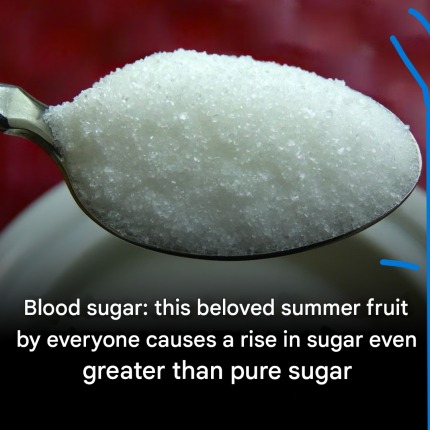Concretely? A 150g portion of watermelon eaten on an empty stomach can cause a greater rise in blood sugar than 50g of pure sugar . And a rapid spike also means a sudden drop afterwards, resulting in fatigue, hunger pangs, and sugar cravings… The famous “yo-yo effect” that we could do without.
How to enjoy it without ruining your blood sugar
Watermelon isn’t your enemy. But like all foods high in fast-acting sugars, it requires a bit of strategy. Here’s how to incorporate it into your diet without upsetting your blood sugar levels:
Avoid consuming it on an empty stomach : an empty stomach accentuates the “express peak” effect.
Combine it with a source of protein or good fats : plain yogurt, a few almonds, a spoonful of cottage cheese.
Stay moderate : 100 to 150 g is more than enough to refresh yourself without excess.
Choose watermelon at the end of a meal , not as a standalone snack.
Alternate with low GI fruits : kiwi, apple, raspberry, orange, etc. to vary the pleasures gently.
Key Takeaways
Watermelon isn’t something to be banned from—far from it! But it should be enjoyed in moderation and with care, especially if you’re monitoring your blood sugar or experience a drop in energy after meals. Because yes, a fruit can be hydrating while also causing a roller-coaster effect in your body.
ADVERTISEMENT

